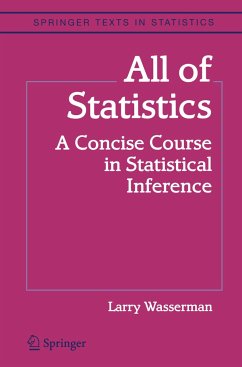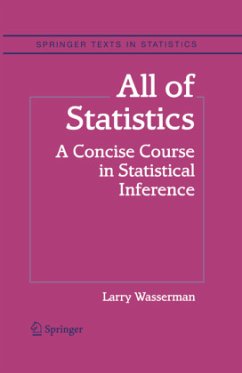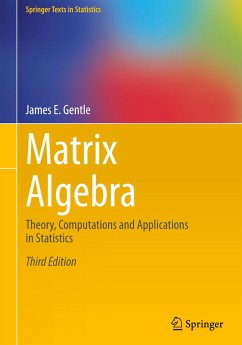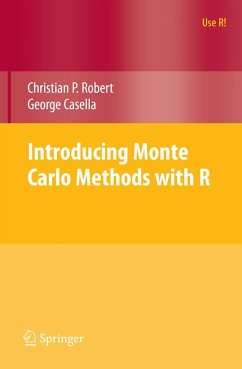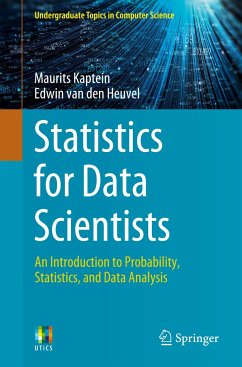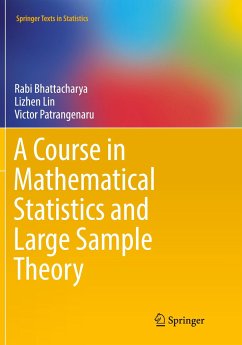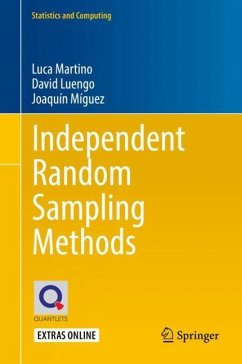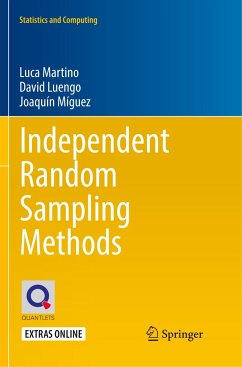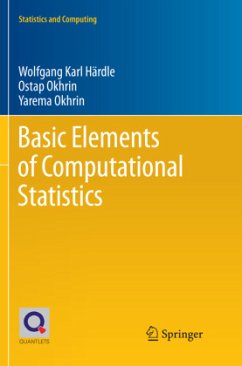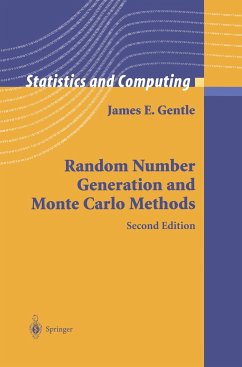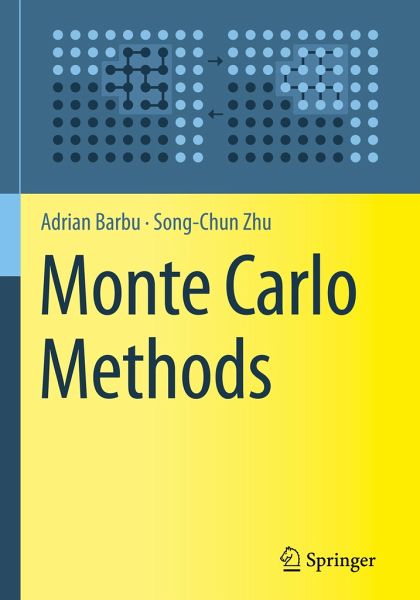
Monte Carlo Methods

PAYBACK Punkte
43 °P sammeln!
This book seeks to bridge the gap between statistics and computer science. It provides an overview of Monte Carlo methods, including Sequential Monte Carlo, Markov Chain Monte Carlo, Metropolis-Hastings, Gibbs Sampler, Cluster Sampling, Data Driven MCMC, Stochastic Gradient descent, Langevin Monte Carlo, Hamiltonian Monte Carlo, and energy landscape mapping. Due to its comprehensive nature, the book is suitable for developing and teaching graduate courses on Monte Carlo methods. To facilitate learning, each chapter includes several representative application examples from various fields. The b...
This book seeks to bridge the gap between statistics and computer science. It provides an overview of Monte Carlo methods, including Sequential Monte Carlo, Markov Chain Monte Carlo, Metropolis-Hastings, Gibbs Sampler, Cluster Sampling, Data Driven MCMC, Stochastic Gradient descent, Langevin Monte Carlo, Hamiltonian Monte Carlo, and energy landscape mapping. Due to its comprehensive nature, the book is suitable for developing and teaching graduate courses on Monte Carlo methods. To facilitate learning, each chapter includes several representative application examples from various fields. The book pursues two main goals: (1) It introduces researchers to applying Monte Carlo methods to broader problems in areas such as Computer Vision, Computer Graphics, Machine Learning, Robotics, Artificial Intelligence, etc.; and (2) it makes it easier for scientists and engineers working in these areas to employ Monte Carlo methods to enhance their research.



